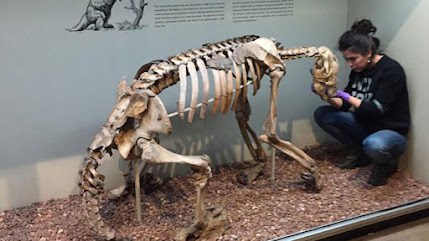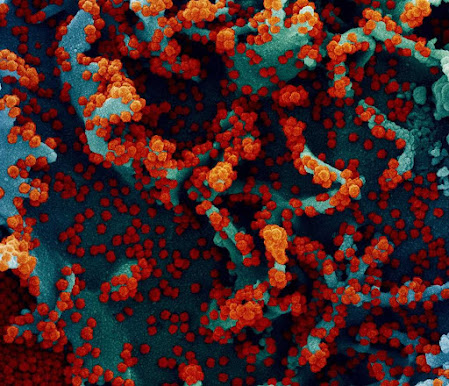A team of researchers from Penn State and JG Research and Evaluation recently examined the effectiveness of a successful model for rural treatment of opioid use disorder in Montana, one of the nation’s most sparsely populated states.
Danielle Rhubart, assistant professor of biobehavioral health
Opioids are highly addictive, and opioid use disorder is difficult to treat. Fortunately, many people who experience opioid use disorder can reach recovery. Most treatment programs, however, are very intensive and require specialized care, highly regulated medication, and daily or weekly clinical visits. Because of this intensive specialization, people in rural areas who experience opioid use disorder often lack access to local treatment.
To address the lack of services for people with opioid use disorder in rural areas, researchers and clinicians in Vermont developed a model of care for opioid treatment. People with opioid use disorders from remote areas are stabilized at addiction care facilities in more populous areas and then receive ongoing care at rural primary care clinics that have established partnerships with these addiction care facilities. Based on this model’s success in Vermont, it has been deployed in many rural areas across the nation.
















.jpg)
